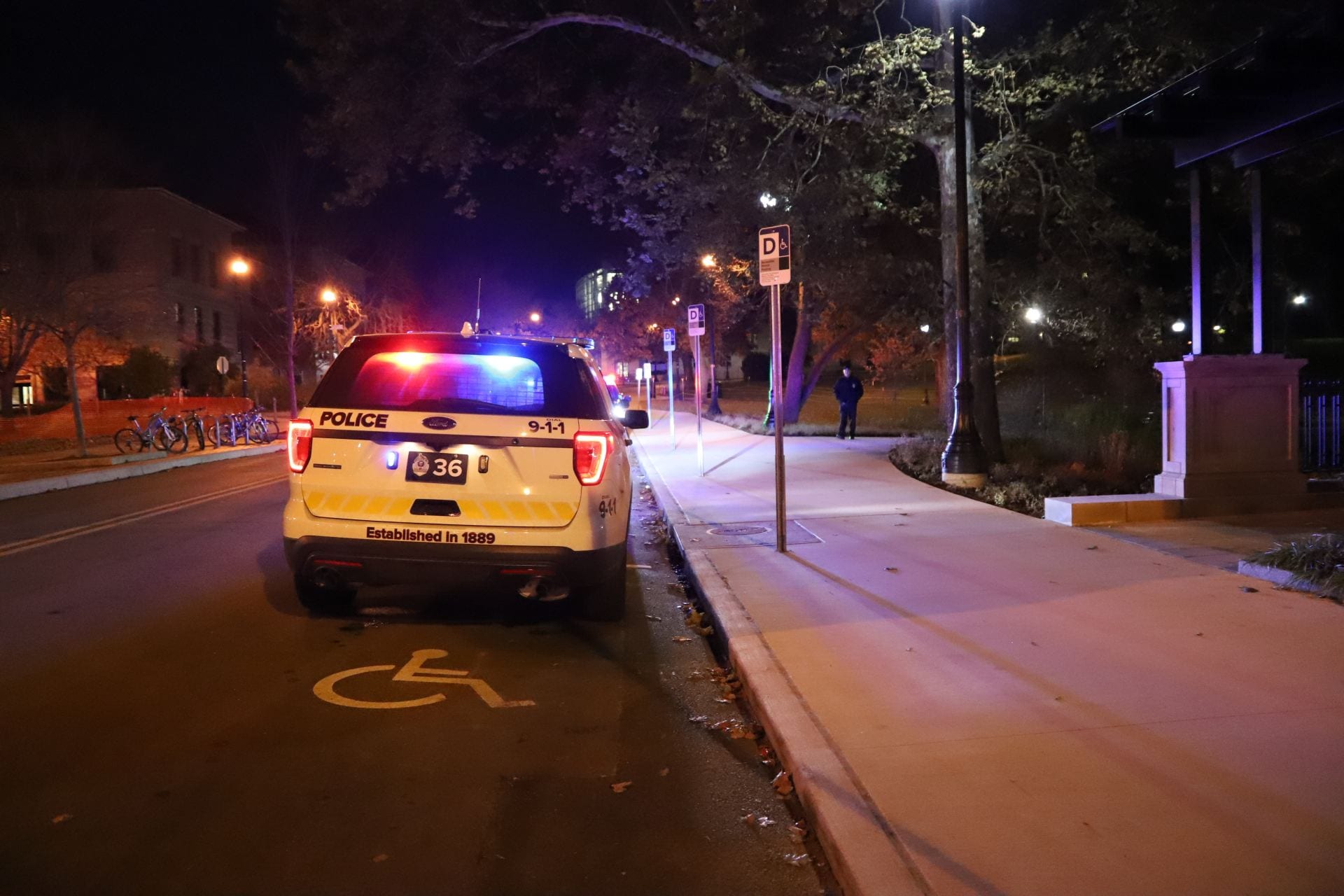The struggles facing families that adopt children internationally don’t end when the adoption process is finalized.
The documentary “Wo Ai Ni Mommy” (I Love You Mommy), screening at 6:30 tonight at the Fawcett Center, shows the journey of one such family.
The film follows the Sadowsky family as it travels to Guangzhou, China, to adopt 8-year-old Sui Yong. The film follows as Sui (renamed Faith Sadowsky by her adopted family) adjusts to a new culture and family.
From 2000 to 2008, families in the United States adopted more children from China than any other foreign country. There are currently more than 70,000 Chinese children being raised in the United States, according to the film’s website.
Filmmaker Stephanie Wang-Breal is a first generation Chinese-American. Her parents immigrated to Youngstown, Ohio, the year she was born.
Wang-Breal decided she wanted to follow the adoption of an older child.
“After interviewing all these families, I wanted to use the child’s perspective,” she said.
At the time, Donna and Jeff Sadowsky, a Jewish family in Long Island, N.Y., were still waiting to hear about their pending adoption of 8-year-old Sui.
The film documents Faith’s journey over 17 months as she learns to adjust to American culture and her new family.
Although the story follows a non-traditional American family, the film’s themes are universal, Wang-Breal said. “It’s really a story about family,” she said.
Wang-Breal hopes that through the film, audiences will learn about the struggles that Chinese-Americans face, she said.
“We are people of color,” Wang-Breal said.
Even though Asian-Americans are “people of color,” Wang-Breal said the kinds of racism and stereotyping they face are different from people of other ethnicities.
Dealing with stereotypes is especially difficult for children, she said.
Chinese-American children have it hard in different ways, she said.
“It’s different types of pressure, different types of situations,” she said. “As children, black girls and Hispanic girls have no sympathy for the Asian girls.”
Stereotypes surrounding Asian-Americans such as “being good at math or hard workers” can lead to opportunities, Wang-Breal said. “At the same time we’re expected to be docile or work without a complaint.”
“We’re supposed to fit in these molds and when we don’t, people scratch their heads,” she said.
Wang-Breal believes that cultural norms kept Chinese-Americans from fighting against stereotypes for many years.
“For my parents’ generation it was looked down upon to speak up and to voice your discontent for something,” she said.
“We’re not taught by our families to stir up the melting pot,” she said. “We’re taught to be obedient and quiet and do well in our work.”
Families like the Sadowskys are partially to thank for the change, she said.
“The next generation of Chinese-American girls are being raised by Jewish-American families,” she said. “They’re being raised not to sit down and take it.”
The Sadowskys were the first to screen the film. “They loved it,” Wang-Breal said.


